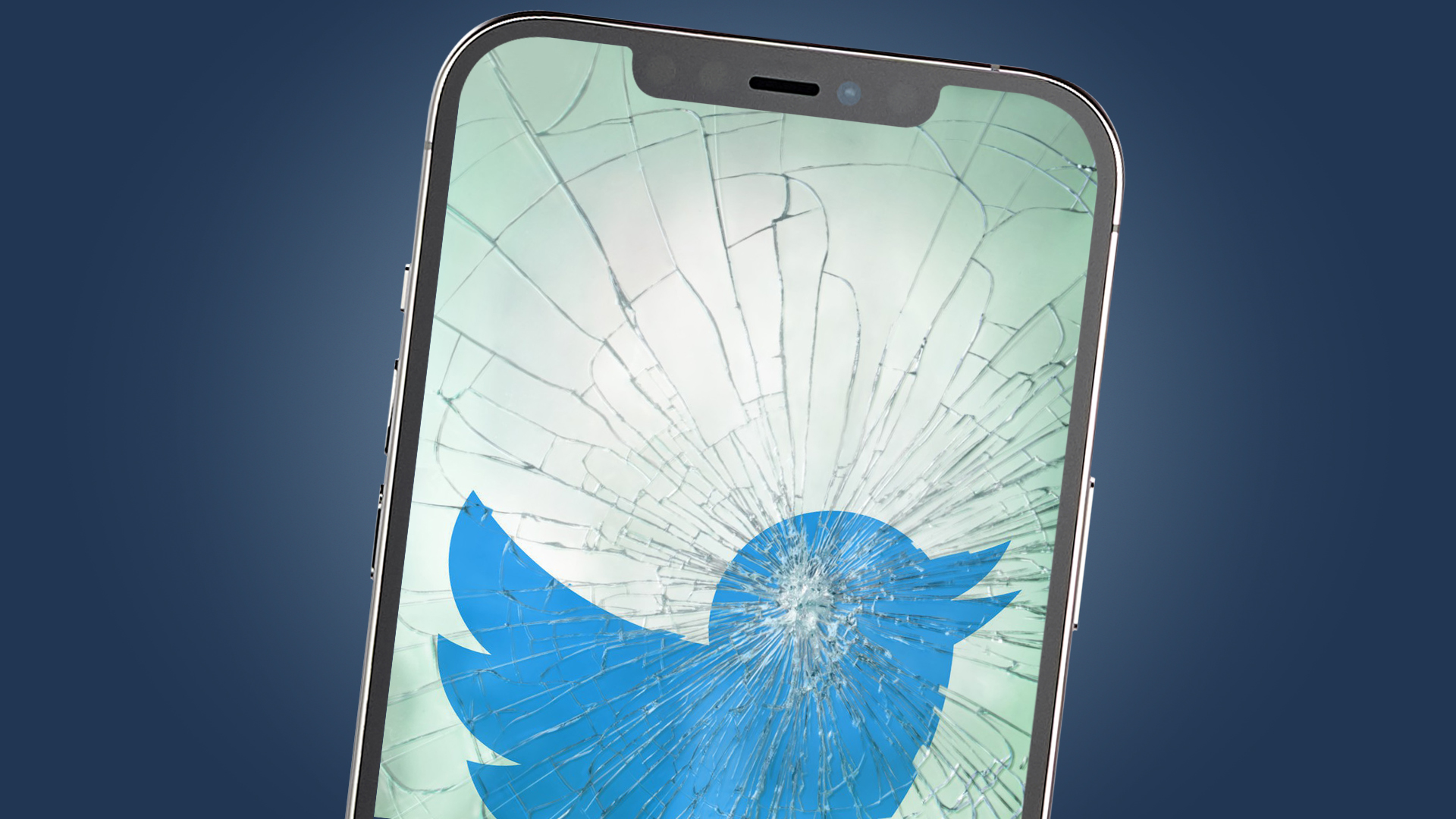Twitter's new 10,000-character tweet ceiling could ruin the platform
Opinion: Elon Musk still doesn't get it

10,000 characters are, by some estimates, between 1,400 and 2,500 words. That's an essay or feature-length article. It's most certainly not a Tweet and is absolutely not something I want to post or read on Twitter. Sorry, Elon Musk.
On Thursday, the company announced that its long-promised 10,000-character tweets, along with a new option to include italic and bold text, were live for Twitter Blue members.
You may remember Twitter Blue, the subscription platform that lets you pay $7.99 a month to hold onto or acquire a Blue check that may or may not verify you are who you purport to be.
However, Twitter Blue was never just about the Blue check. Twitter CEO Elon Musk has promoted it as a tool that will decrease ads and propel your tweets to prominence. It's a golden ticket to visibility and, thanks to the blue check, potential notoriety or infamy.
We’re making improvements to the writing and reading experience on Twitter! Starting today, Twitter now supports Tweets up to 10,000 characters in length, with bold and italic text formatting.Sign up for Twitter Blue to access these new features, and apply to enable…April 14, 2023
It's also still not pulling in a lot of new customers (certainly not the millions Musk requires to make it a sizeable revenue generator, on par with lost native advertising). These Twitter Blue features might attract more people, but for anyone who understands what Twitter is really all about, at least one of them will turn users off.
Twitter started as a microblogging service that only supported roughly as many characters as you could send in a then standard text message. That was 140 characters. Some earliest users were tweeting via text from their phones. I think the code was 40404.
That artificial limitation eventually gave way to 280 characters, long after all of us were exclusively Tweeting via apps and web browsers. Tweets also got richer, with support for photos, videos, and GIFs.
Sign up for breaking news, reviews, opinion, top tech deals, and more.
I count all of this as progress. Even Twitter threads that let you tell long tales in a series of Tweets have value. I love that tweet limitations force the verbose among us to break thoughts up into bite-sized chunks.
The gray wall
If I open up Twitter and see a wall of text, I might just shut it down and walk away.
A 1500-word tweet will be unsightly on the desktop and a real slog on mobile. It also cuts against Twitter's primary purpose: to be a fast, steady stream of news, info, entertainment, and errata from multiple sources. Instead, you'll get one Musk acolyte opining ad nauseam on how the world is too woke and there isn't enough free speech, and NPR is a government stooge.
Please, no.
So deep is Musk's misunderstanding of the platform he bought that he has no idea why 10,000-character tweets make absolutely no sense. Twitter is not Substack. It's not Medium. It's not The New York Times or even Fox News. It's not the place for massive articles. It's still a social media platform, and therefore a place to link out to those massive articles.
If there's any good news here it's that there probably aren't enough people paying for Twitter Blue to flood our streams. At the very least, new Twitter Blue members could be daunted by the prospect of even a 1,000-word tweet and still stick with far shorter ones.
I hope.

A 38-year industry veteran and award-winning journalist, Lance has covered technology since PCs were the size of suitcases and “on line” meant “waiting.” He’s a former Lifewire Editor-in-Chief, Mashable Editor-in-Chief, and, before that, Editor in Chief of PCMag.com and Senior Vice President of Content for Ziff Davis, Inc. He also wrote a popular, weekly tech column for Medium called The Upgrade.
Lance Ulanoff makes frequent appearances on national, international, and local news programs including Live with Kelly and Mark, the Today Show, Good Morning America, CNBC, CNN, and the BBC.